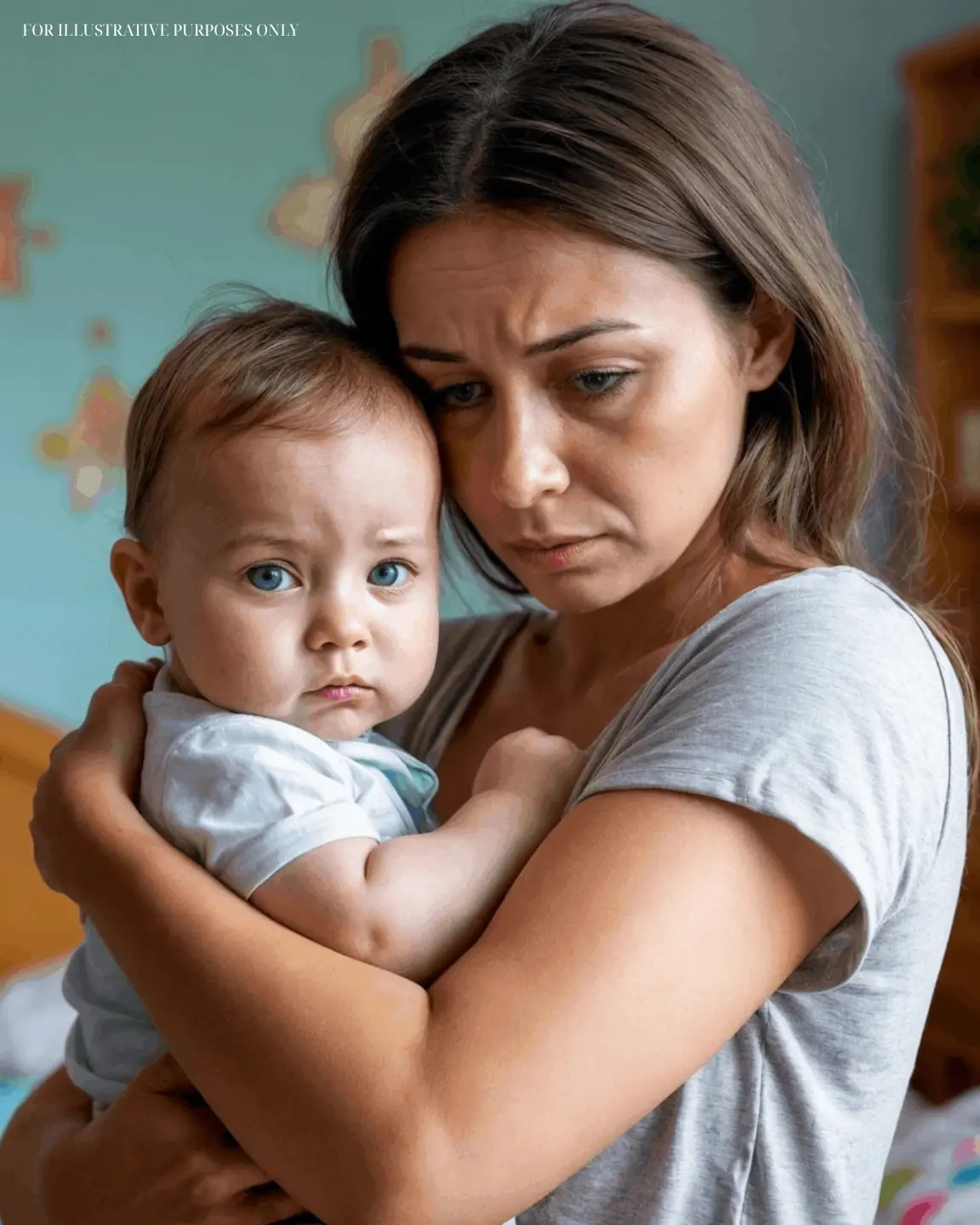
Tired and confused, she spent the night at the station, having run away from her son and with no idea where to go
Spring was confidently taking hold outside, with the sun shining brightly, filling the air with a fresh warmth and gentle promise of new beginnings. Yet inside the old train station waiting hall, time seemed to stand still. The atmosphere was heavy and musty, as if the years had layered dust and memories over every surface, trapping the space in a past long forgotten.
The cracked walls, peeling paint, wooden benches worn smooth by countless travelers, and the faded floorboards carried a mixture of scents: fatigue, loneliness, and the bitter taste of broken dreams. Even the cold drafts slipping in through the open windows could not chase away this stubborn smell — it had become part of the hall’s very soul, as permanent as the old clock above the ticket counter, or the radio speaker that crackled with static and age.
An elderly cleaning woman, her hands steady despite her years, struggled with a rag to combat the stale air. She opened the heavy doors wide, wedged them with wooden blocks, hoping the fresh spring breeze would refresh the room. But the scent lingered, clinging to every corner and crack like a shadow. It accompanied every visitor: the homeless seeking refuge, lonely mothers pushing strollers, wandering musicians lost in their melodies, restless souls searching for something undefined, and those simply caught between places, lost in life’s complicated paths.
Most people who had somewhere to go barely lingered here. They arrived just moments before the train’s departure, often choosing to stand under the platform’s canopy even in the worst rain or blizzard, just to avoid inhaling the stale air of the waiting hall.
On this particular day, the hall was almost deserted. The duty attendant — a middle-aged woman used to this place and its peculiar rhythms — scanned the room quickly. Her eyes landed immediately on one figure: the same woman she had noticed yesterday, once again seated in the corner by the window. It seemed she hadn’t left at all.
Elena Petrovna sat quietly, almost blending into the wooden bench, her shoulder resting against the cold window frame. Her gaze was distant, focused either on the empty platform outside or lost somewhere deep within her own troubled thoughts. The attendant frowned. “Did she spend the night here? Or did she come back so early?” she wondered silently.
Curiosity nudged her forward. Passing by with a cautious glance, she noticed Elena was not asleep. Their eyes met briefly, and Elena gave a small, tired nod in response. So, she was awake. But what was keeping her here for so long?
Elena Petrovna longed to leave this place — this limbo — behind. Yet she had no specific destination in mind. No ticket, no clear plan, no mapped-out route. Only an overwhelming desire to escape her past, to be as far away from old wounds as possible. She believed that the simple act of moving away, even without a clear end point, might somehow cleanse her soul of the pain she carried.
For months now, her thoughts had circled around a single dream: to find an abandoned house somewhere deep in the countryside — empty, yet still standing. A place where she could live quietly, far from noise, arguments, and sorrow. Like the peaceful home in the old, beloved cartoon about Prostokvashino — but instead of a cat, a dog, and a postman, there would only be her. Alone, but at peace.
Elena imagined waking to the soft rustling of trees, the distant song of birds, and a world untouched by her past troubles. No more harsh faces, no cold corners — just silence and solitude, healing her in ways the noisy city never could. The hope for such a refuge kept her rooted here, waiting, as the spring sun climbed higher and the old station held its breath, caught between the past and an uncertain future.
This idea seemed possible to her. After all, there really are plenty of abandoned houses in Russian villages. People left, died, and the houses remained — deserted but alive. Why not start over?
But as soon as she stepped on the cold station tiles, her confidence began to crumble. What if all this was just a dream? What if there is no such place to go? What if she returns… but to what? To a life that had long ceased to be life?
No one was waiting for her at home. Vladislav, her son, had long become a stranger. This thought was especially bitter. In her youth, Katerina fell madly in love — he was handsome, charismatic, confident. She was a school beauty. They married quickly. He offered his hand; she said yes. It seemed a fairy tale was beginning.
He made a career, succeeded in business. And she became his support: caring, patient, loving. “Why do you need to study?” he said. “You’re the wife of a serious man. Take care of the house, I’ll provide the rest.”
When she found out she was pregnant, her heart rejoiced. Her husband was also happy — at least it seemed so then. A healthy boy was born, and the first years of her life belonged entirely to the family. She cooked porridge, sang songs, washed, cooked, cleaned until it shone. All for the two of them.
But over time, the husband changed. “Housekeepers” appeared, who, as it turned out, were not who they pretended to be. His gaze became cold, words cutting. He began to ignore her as if she ceased to exist. She realized: fighting was pointless.
Now she sat in the waiting hall with a worn-out bag on her lap, as if clutching the last scrap of reality. There was no anger or pain in her eyes — only exhaustion. Maybe this is what freedom looks like — when there is nothing left to lose.
Vladislav became a tool in his father’s hands. Her ex-husband did everything possible to erase her from their son’s life. The divorce was finalized quickly. Custody was granted to him. At court he said coldly:
“Who to entrust the child to? A woman without work, education, or a future?”
She was allowed to see Vladik only on weekends and under supervision. She cherished every moment. But over time, these meetings stopped. The boy forgot his mother’s face. He cried, not understanding why mom leaves and why she doesn’t return.
Through lawyers, the ex-husband achieved a complete severance of ties between them. Under the pretext “for the child’s benefit.” New wives diligently fit into the role of mothers: spoiled him, spoiled him too much, sometimes humiliating themselves before the boy. But the result was the upbringing of a capricious, selfish teenager. Katerina knew: no woman can replace a child’s real mother.
After the divorce, she had to return to her parents — to an old apartment with peeling walls and creaky floors. Finding work was difficult: no education, experience limited to the kitchen. First, she worked as an assistant, then became a confectioner. Personal life was a closed topic. Almost all her strength went to caring for her sick parents.
At night, Katerina lay awake, remembering her son’s face. She didn’t even know he married his schoolmate. Found out by chance — from a former acquaintance.
Time changes everything. Her ex-husband began to have problems: business collapsed, debts grew. The last wife disappeared, leaving debt. He tried to save the situation, but his heart couldn’t take it — he was struck by a stroke.
After all the formalities, Vlad was left almost with nothing. All valuables went to the banks. They ended up on the street. It was then he remembered his mother.
He came as a son seeking forgiveness. Katerina cried seeing him on the threshold. But her joy did not find a response in her son’s and his wife’s eyes — they coldly looked around the shabby walls, inhaled the smell of the old apartment.
She became a mother again — cooked his favorite dishes, ironed shirts, asked about his days. But for him, it was taken for granted. He grew up thinking the world revolved around him. And in his head were his father’s words — distorted, full of reproaches and lies about his mother.
News in the same category

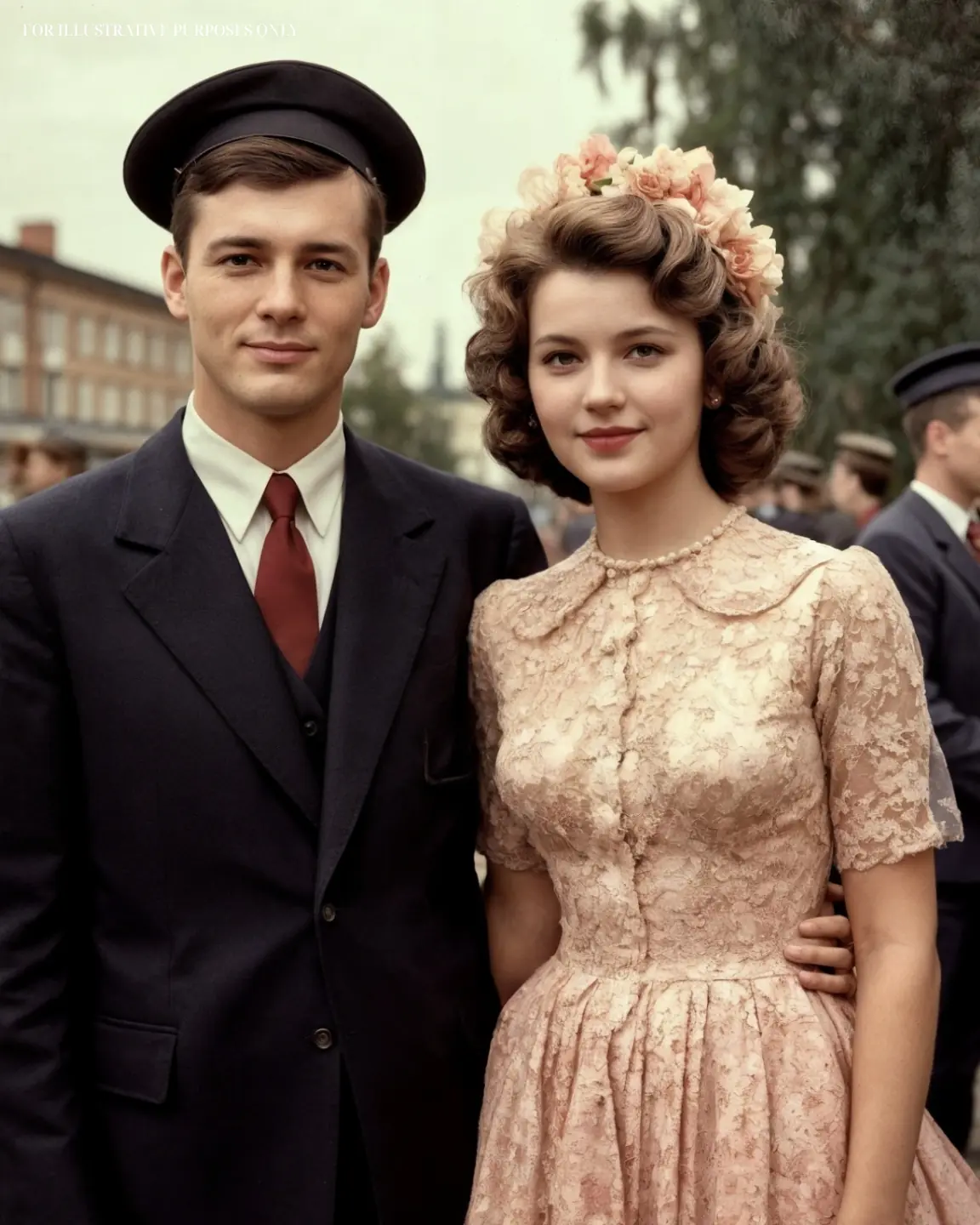
Their daughter disappeared in 1990, on the day of her graduation. And 22 years later, the father found an old photo album
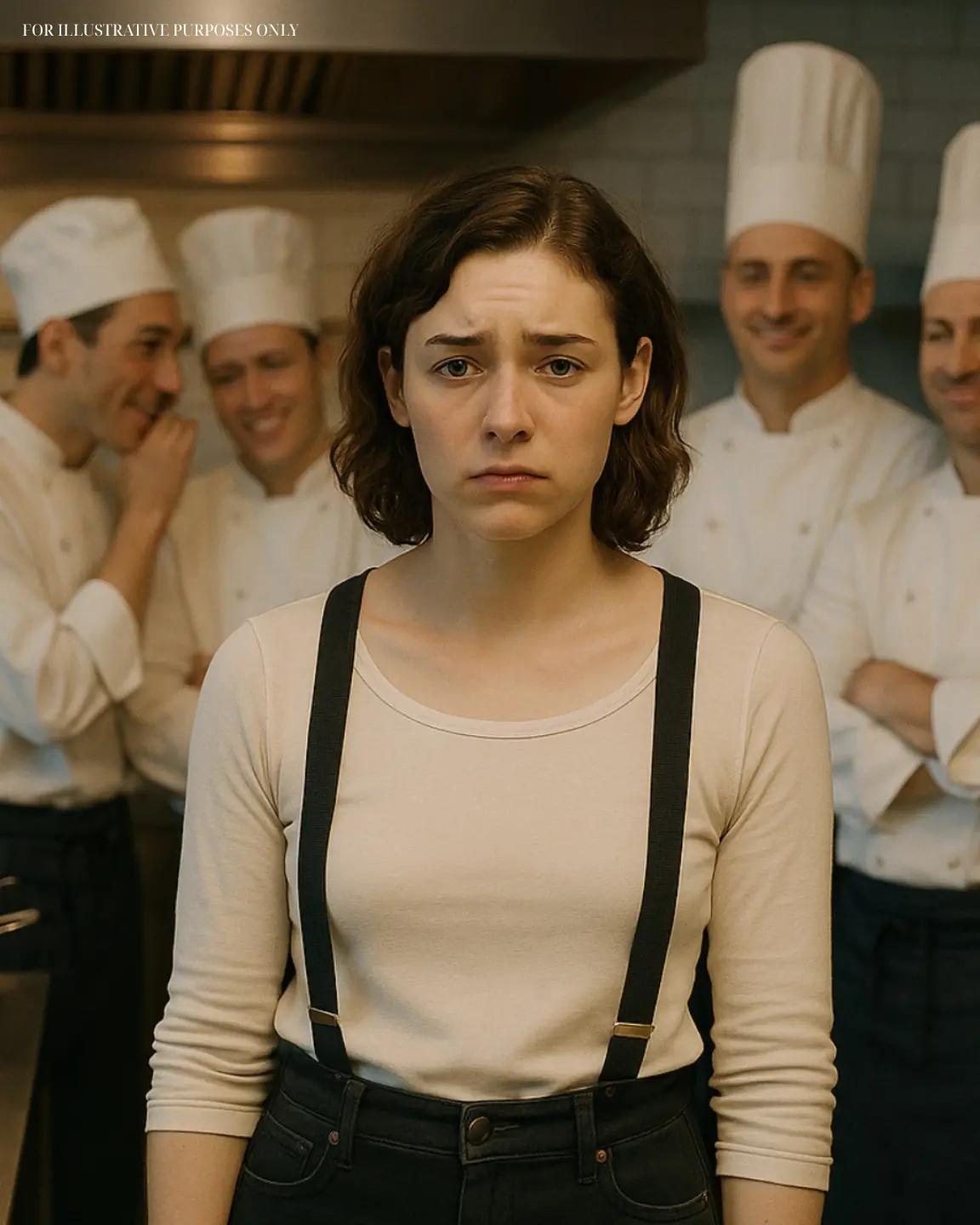
We'll live off our daughter-in-law; she has a good job," the mother-in-law shared with her friend
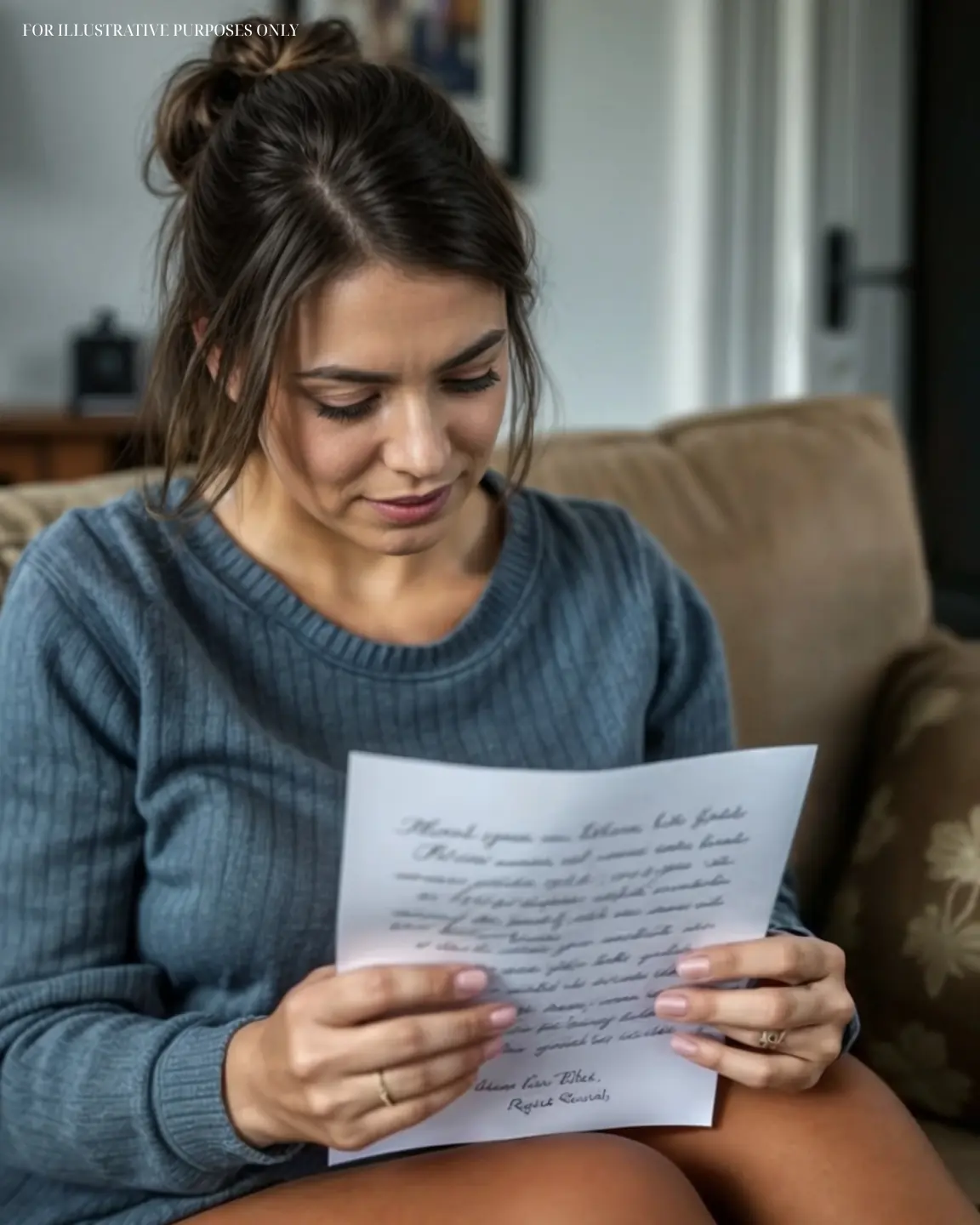
While the woman was doing a deep cleaning of the house, she came across an old letter from her deceased husband. Carefully unfolding it, she skimmed through the lines… and froze

If she needs money again, let her call the bank, not me, — Maria snapped, deleting her mother-in-law’s number from her phone

This Girl Spent 6 Years Fixing Her Jaw & After the Final Surgery, She Stunned Everyone with the Results – Her Transformation in Pics
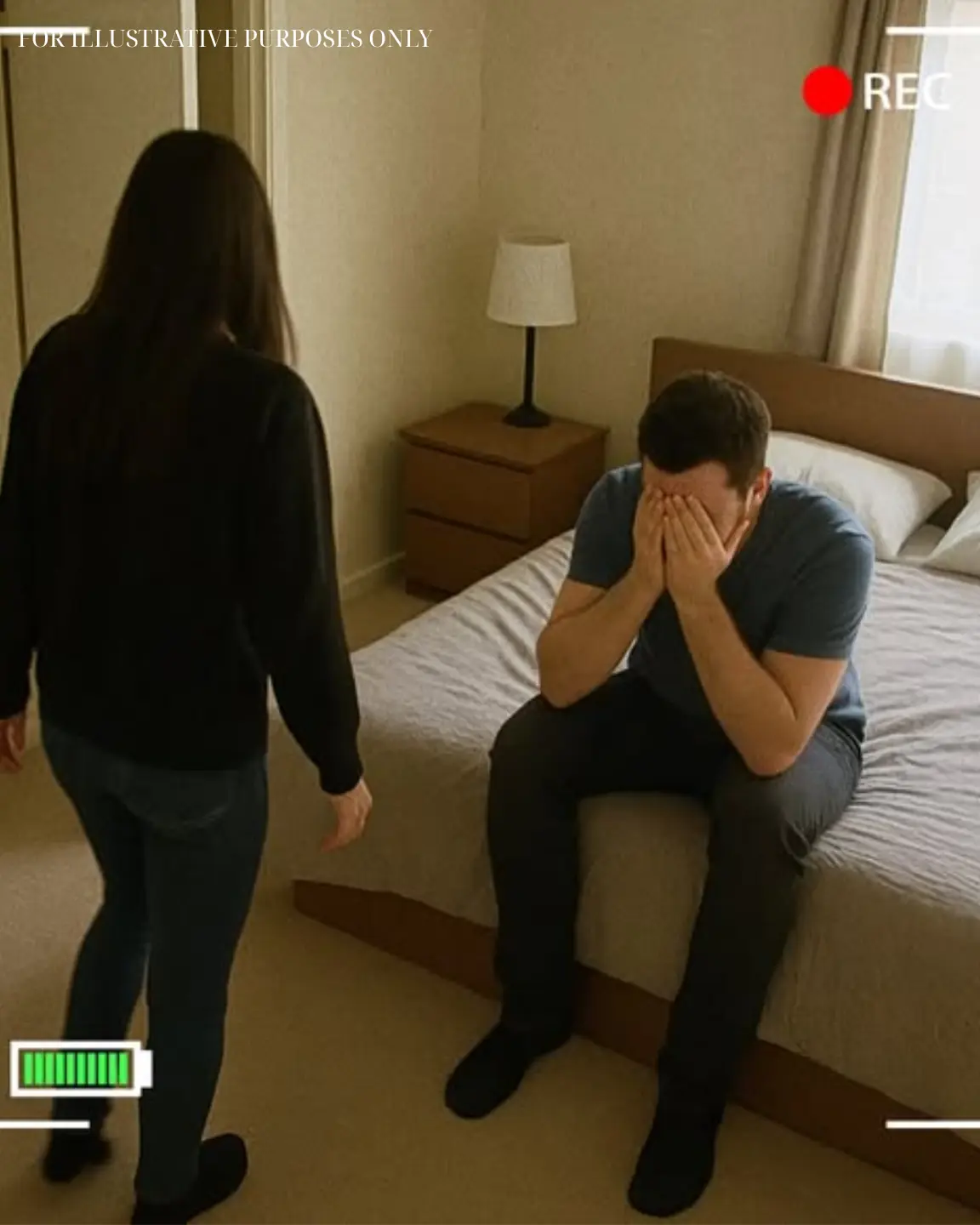
'Mom, Do You Want to Meet Your Clone?' – What My 5-Year-Old Said Uncovered a Secret I Wasn't Ready For

You’re nobody without me,» my husband declared. But a year later, in my office, he begged me for a job

An eight-year-old child saved his sister during a severe snowstorm. But where were their parents at that time?
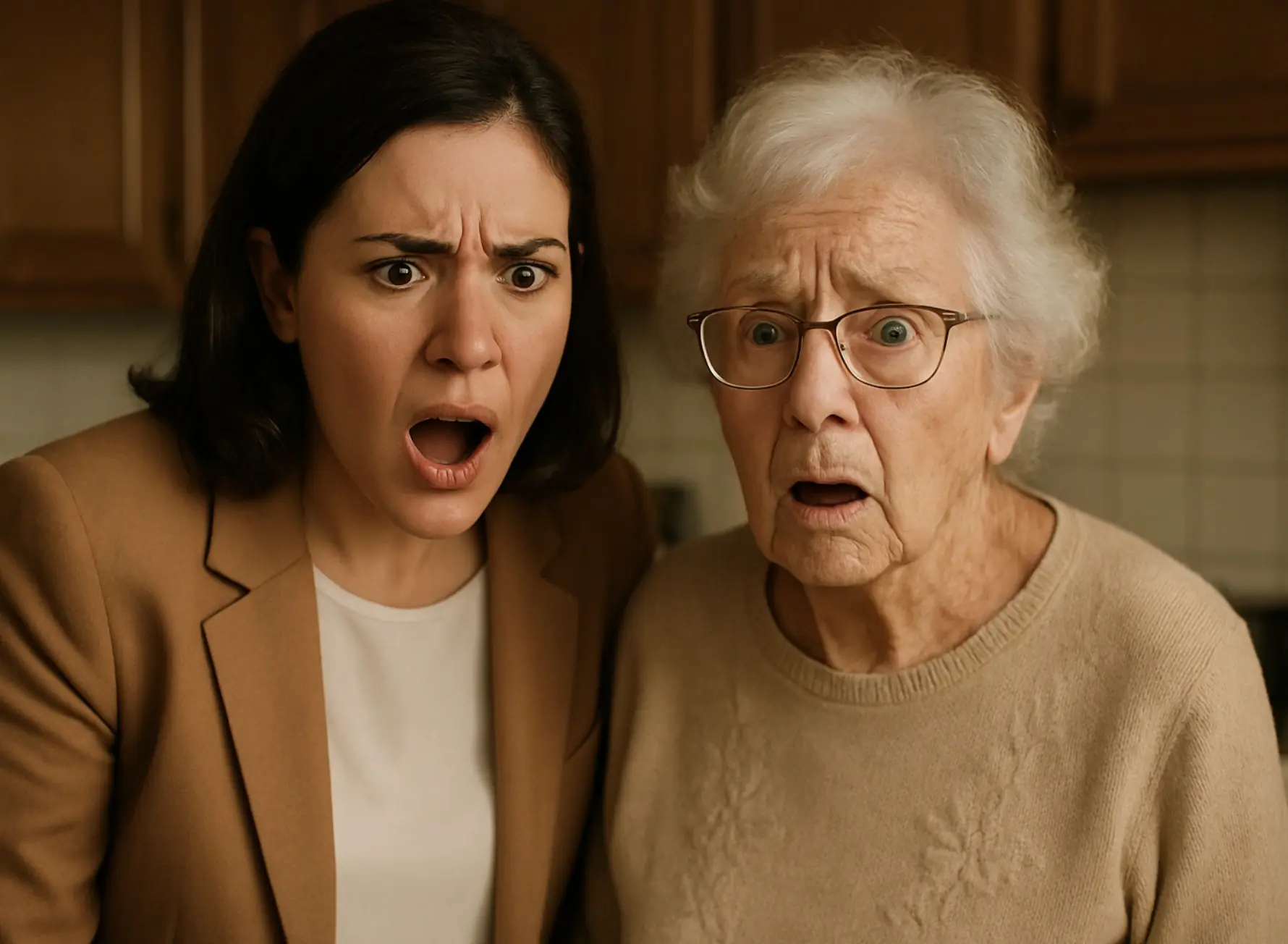
We’ll live off our daughter-in-law; she has a good job,» the mother-in-law shared with her friend
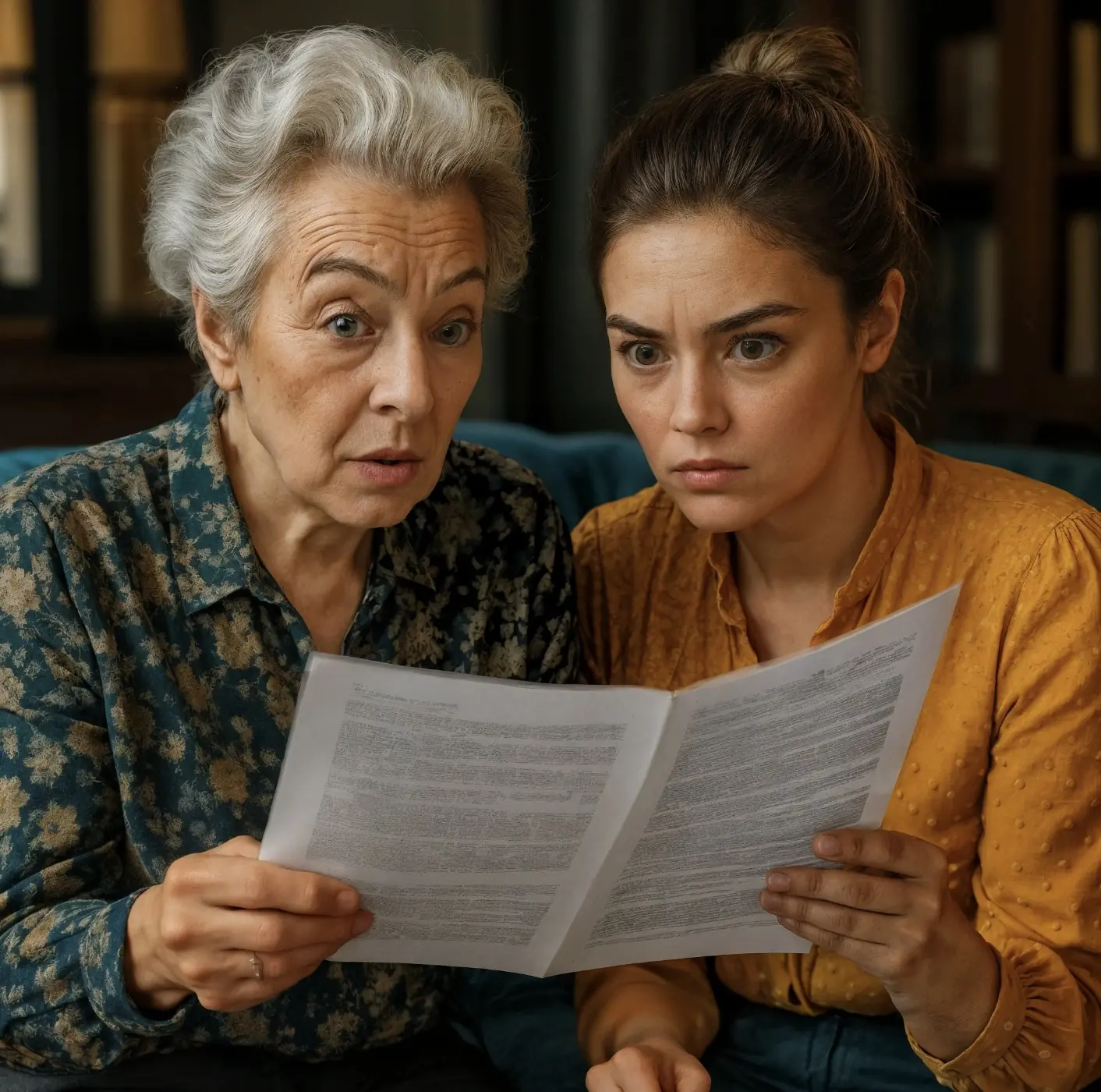
Lenočka, pay the utility bills. You have the money,” the mother-in-law asked again
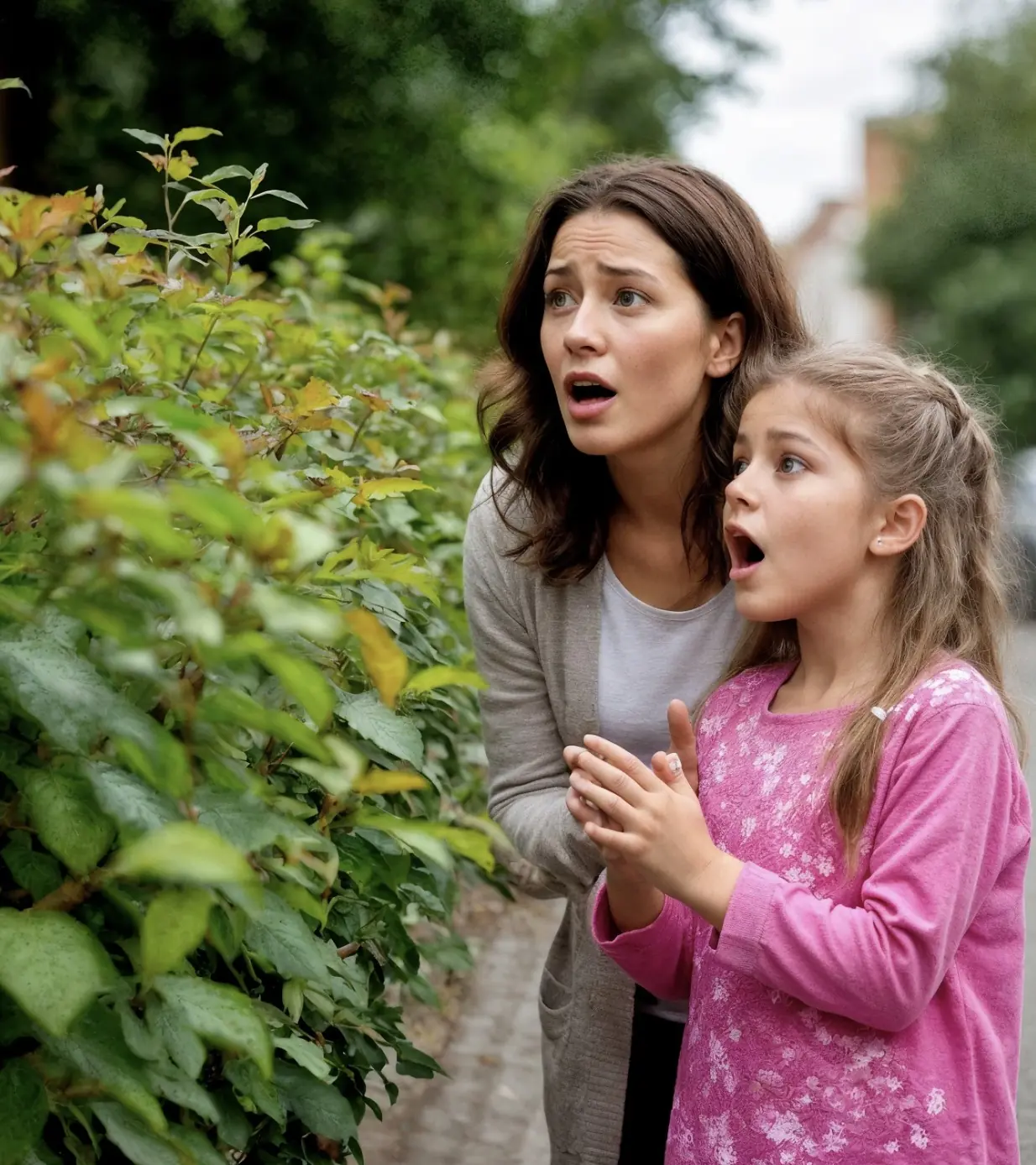
There’s a man hurting a girl!» — the child screamed, terrified, grabbing her mother’s hand. Lena glanced toward the bushes… and felt a chill run through her. Her heart froze
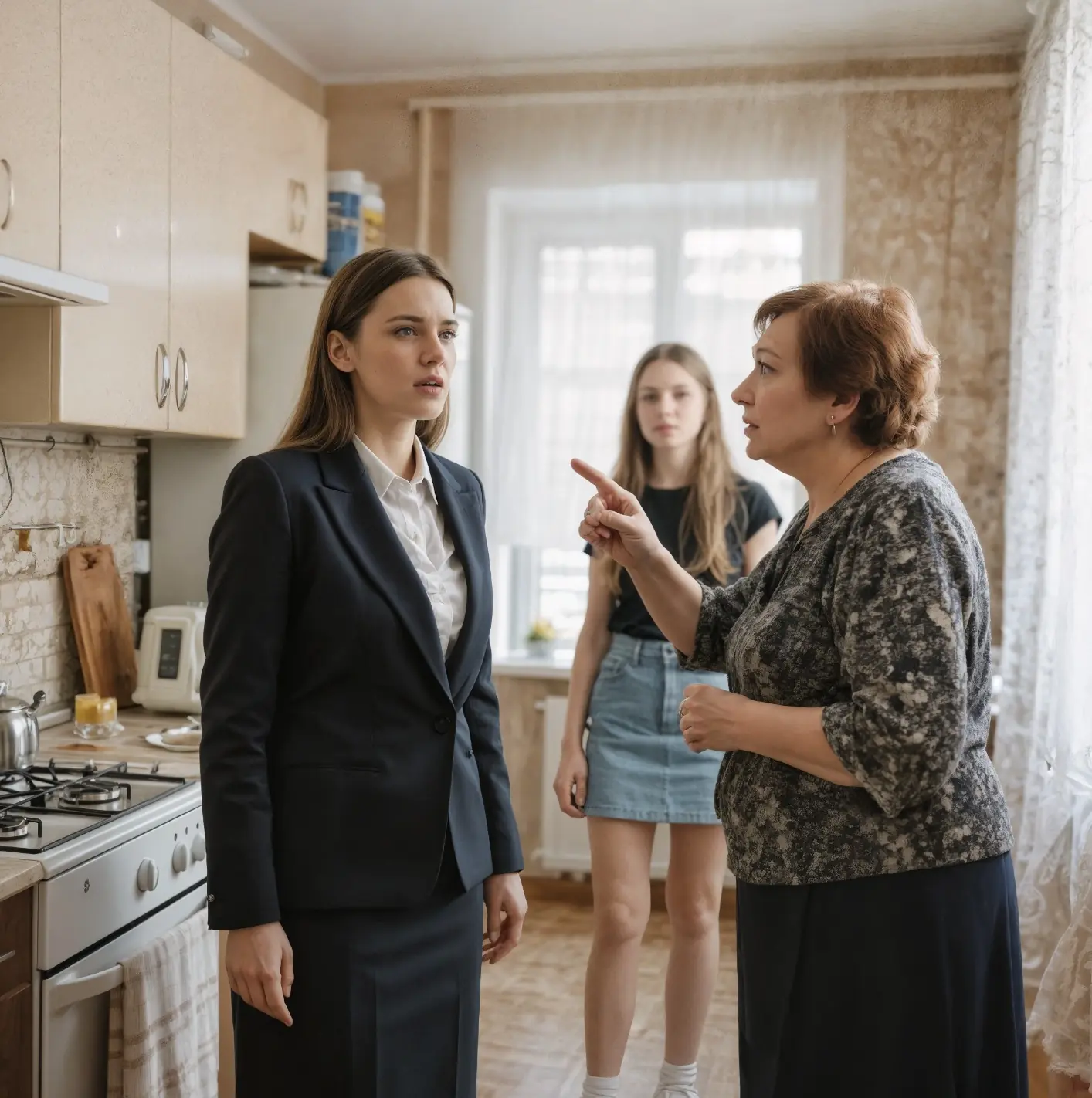
Your bonus is very timely, your sister needs to pay rent for the apartment six months in advance,” the mother ordered

Andrey sat opposite Olga, tapping his fingers on the tabletop.
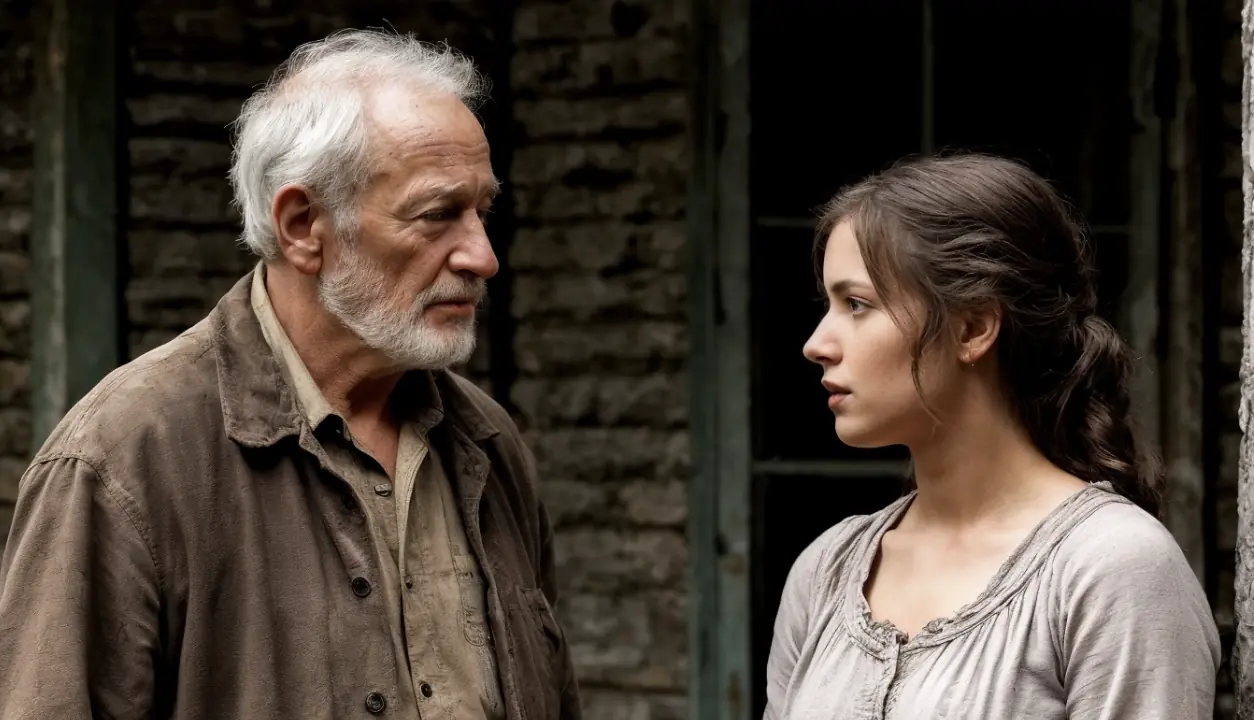
A 70-year-old elder let a stranger stay overnight — at night, the village woke up to her screams. When they found out what happened, they shuddered
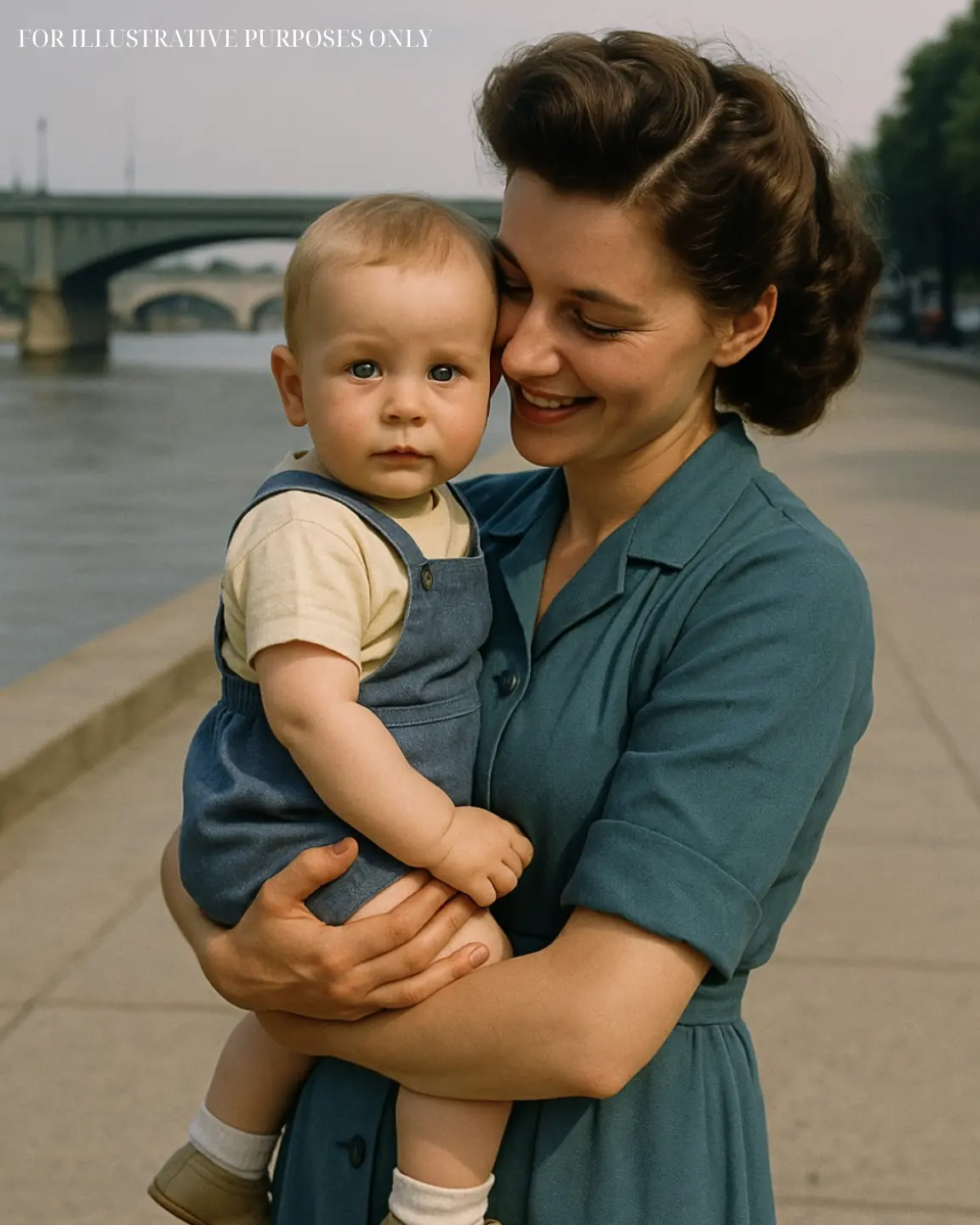
I found a little girl by the railroad tracks, raised her, but after 25 years her relatives appeared
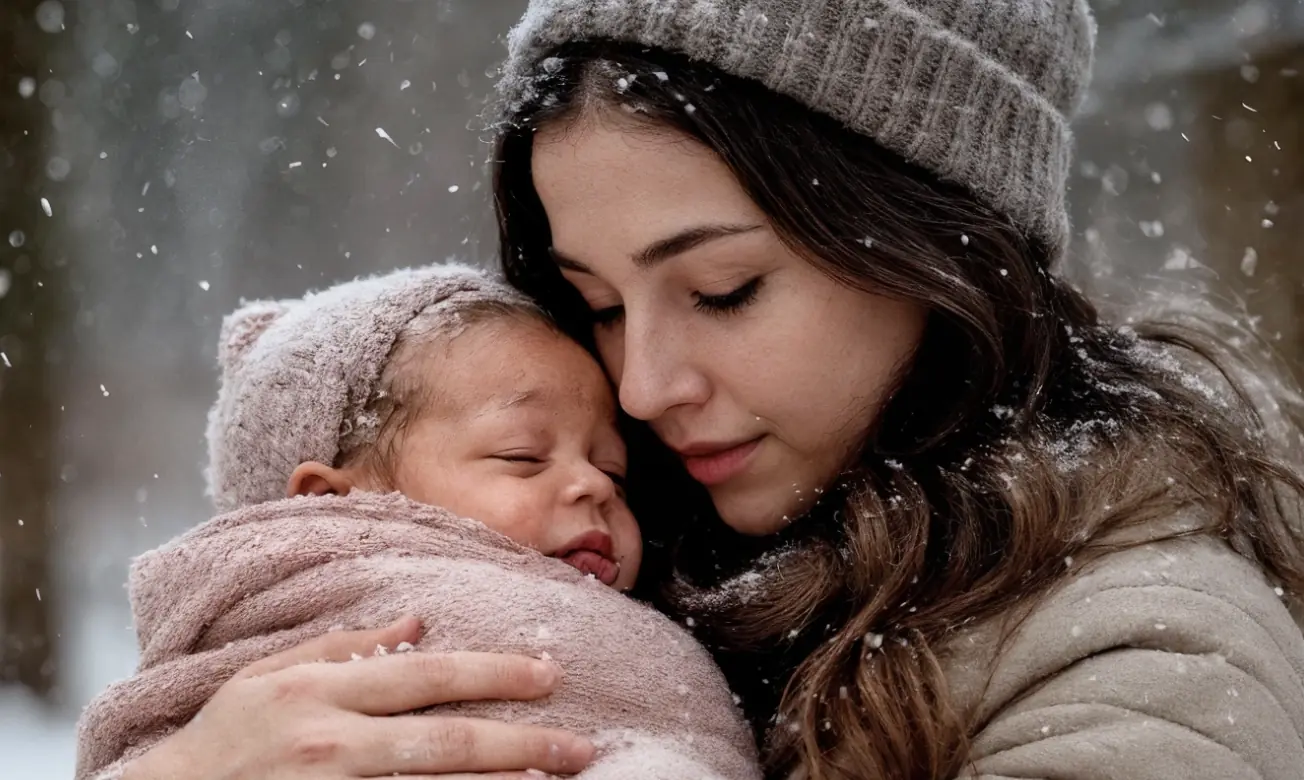
A woman left a baby at the doorstep of an orphanage in the freezing cold. But after some time…

After 25 years, the father came to his daughter’s wedding — but he was turned away… And moments later, the crying spread among everyone present
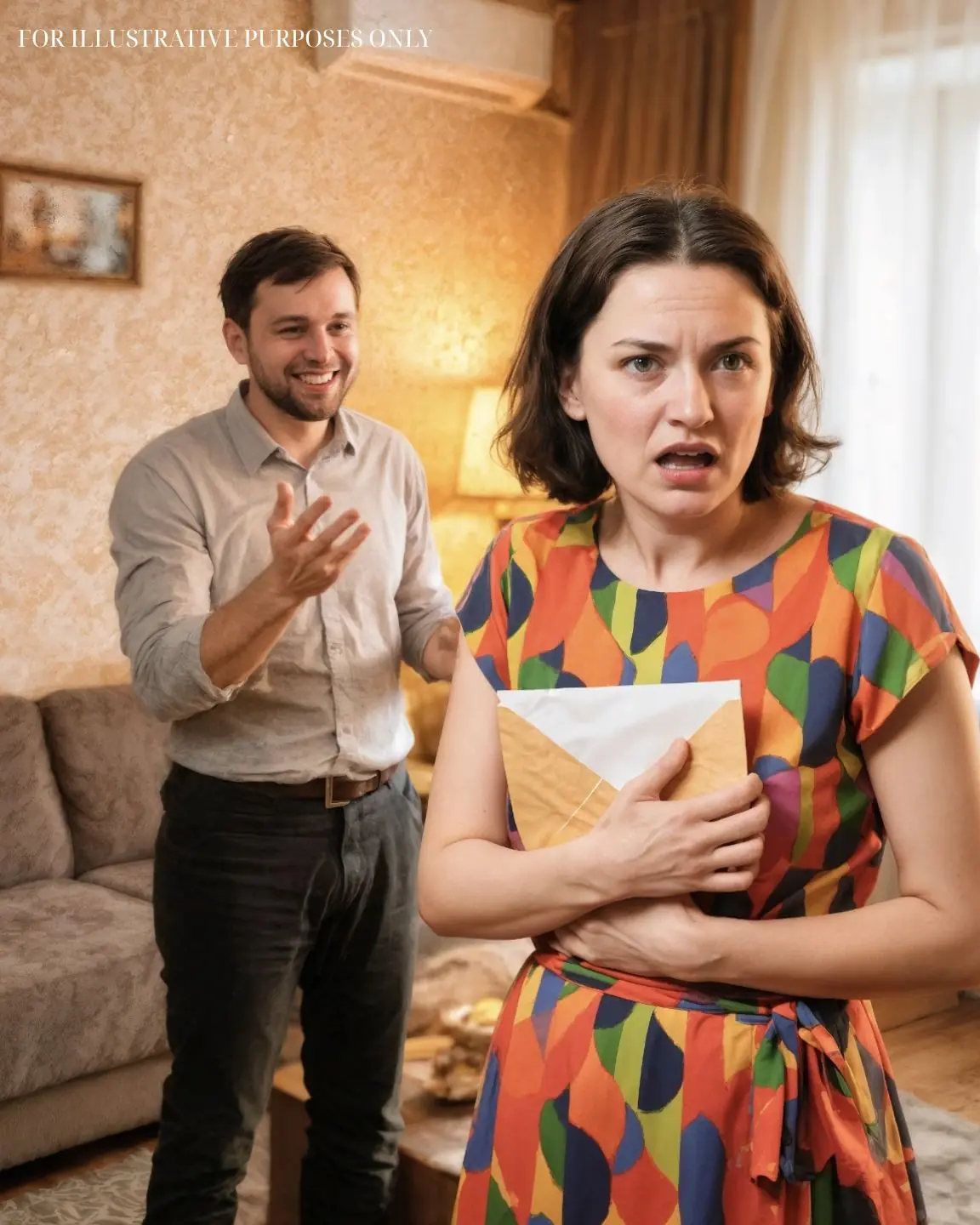
Honey, I gave your sister the trip voucher, she needs it more — she’s going through a crisis, — her husband blinked innocently, having stolen his wife’s vacation
News Post

The photograph of a little boy who became one of the most recognizable men today

Three Family Members Diagnosed with Thyroid Nodules – The Mother Collapses: “I Thought Eating More of Those Two Things Prevented Cancer”

A Family of Four Siblings Diagnosed with Stomach Cancer – Doctor Shakes His Head: Two "Deadly" Common Habits Many People Share

A 49-Year-Old Man Dies of Brain Hemorrhage – Doctor Warns: No Matter How Hot It Gets, Don't Do These Things

England Has Officially Started To Give Out New Injections That Treat 15 Cancers

He left as soon as he found out the diagnosis of our son. And I stayed—because I couldn’t leave my child alone

Their daughter disappeared in 1990, on the day of her graduation. And 22 years later, the father found an old photo album

We'll live off our daughter-in-law; she has a good job," the mother-in-law shared with her friend

While the woman was doing a deep cleaning of the house, she came across an old letter from her deceased husband. Carefully unfolding it, she skimmed through the lines… and froze

If she needs money again, let her call the bank, not me, — Maria snapped, deleting her mother-in-law’s number from her phone

7 Surprising Health Benefits of Okra You Need to Know

The Secret to a Whiter Smile: A Simple Tomato-Based Teeth Whitening Recipe

How to Fade Age Spots: Causes, Treatments, and Prevention That Actually Work
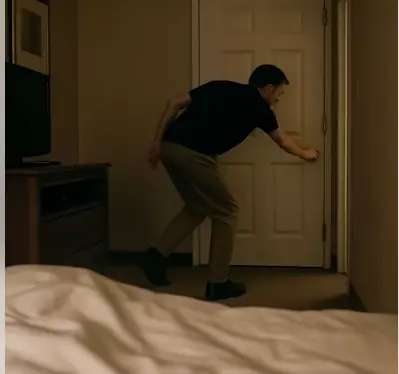
My Husband Sneaked Out Every Night — I Followed Him One Evening and Discovered a Shocking Truth

I Arrived Early for My Big Day and Found Out My Sister Had Planned Her Own Wedding—At My Venue

A Rude Stranger Humiliated Me at My Son’s Restaurant — The Next Day, She Showed Up at My Home as His Fiancée
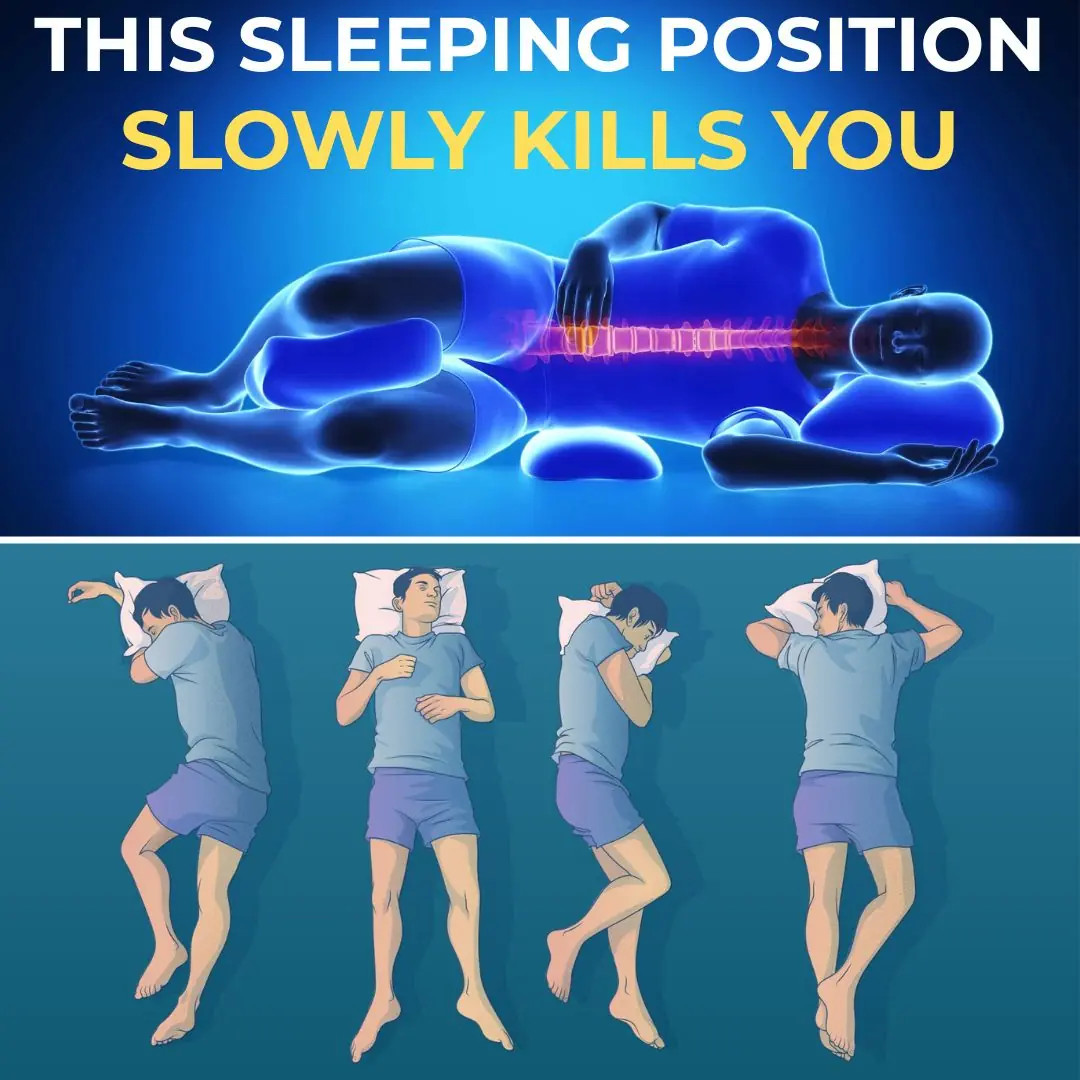
🛑 The MOST DANGEROUS Sleep Position You Never Knew! | Boost Your Sleep Instantly

Say Goodbye to Fatty Liver, Blurry Vision, and Anemia with This Powerful Natural Drink

Early Warning Signs of Liver Damage — And How to Protect and Strengthen Your Liver Naturally
